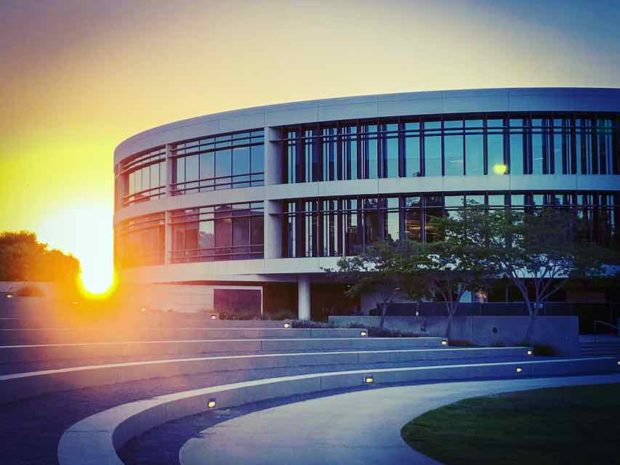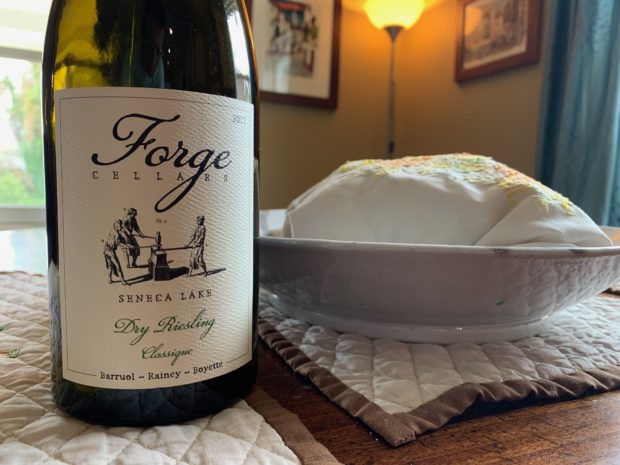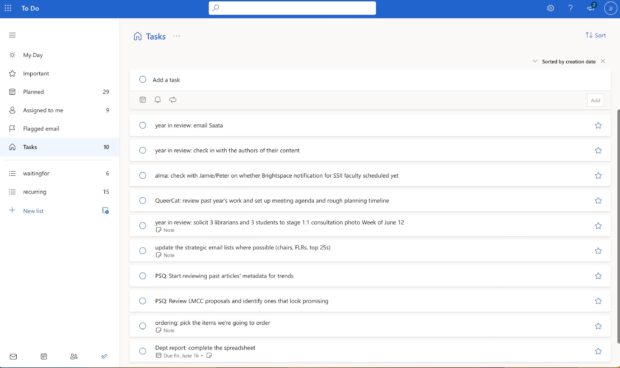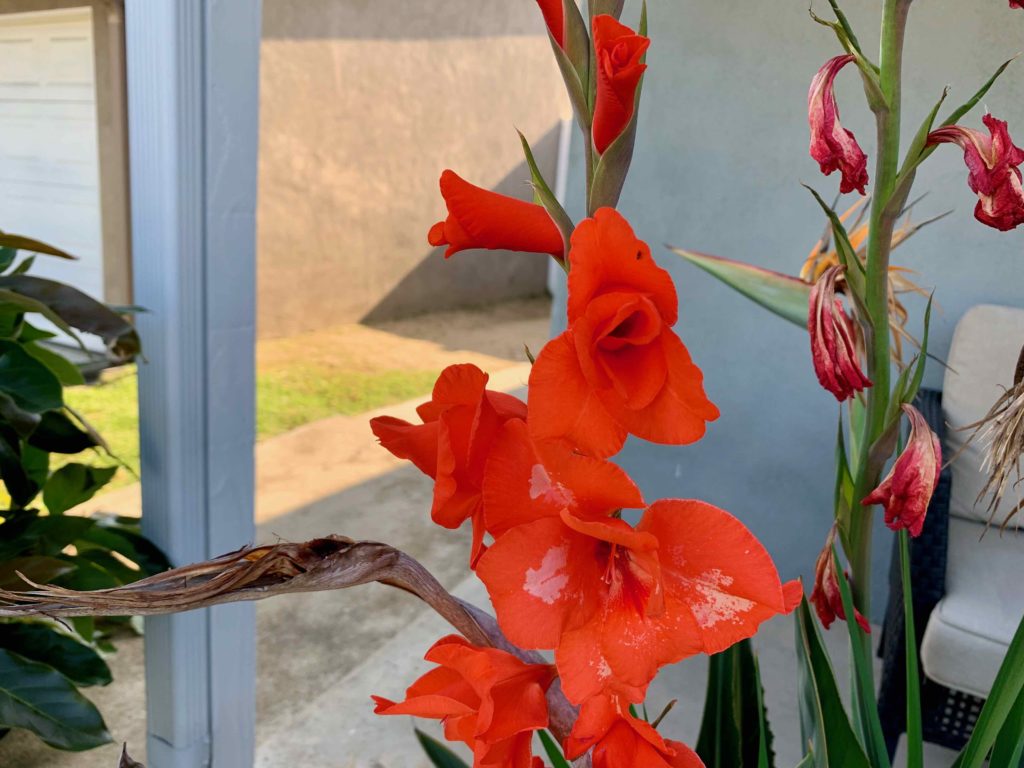“Plans are worthless, but planning is everything.”
Dwight D. Eisenhower, 14 Nov. 1957.
The way knowledge work happens these days, everything is treated as an emergency. Cal Newport calls this “rocking and rolling with email” and it goes like this: You work on a project until you get to a point that you need someone else’s input, contribution, or review. You send that person an email or chat saying something like, “Hey, can you take a look at this?” Your project may have to sit in a holding pattern until that person can respond.
Now, imagine this is happening all over within an organization: thousands of unstructured, unsolicited requests constantly interrupting whatever project is supposed to be a team’s priority. How can an organization function this way? I imagine it much like a ball of tangle worms slowly making its way from point A to point B: it will get there eventually, but it’s not going to be quick. And all of us get dragged along with it.
The alternative to this is project planning: defining in advance what everyone’s role will be and when their skills will be needed. I have managed to move a few of my projects into the mode: our annual Library Open House, the publication of our annual report, the planning and promotion of our premier speaker series, Faculty Pub Night. Each of these projects have clearly outlined timelines, milestones, and responsibility matrices. Everyone knows when their attention for these projects will be needed and thus we can plan in advance to set aside time for them. The work is still labor intensive and rigorous, but there’s no stress about whether we’ll finish in time or uncertainty about when we need to make room for it in our to-do lists.
Lately, I’ve been overwhelmed with the frequency of last minute requests. I don’t mean things that come up unexpectedly. Shit happens. But projects that were initiated weeks or months ago and no one took the time to plan out the steps necessary to bring the project to completion and loop in all the parties involved. Instead, they progressed step by step assuming that, when the time came that my team’s skills would be needed, we would have the ability to drop whatever we were doing to accommodate their project.
But there’s the rub: we’re not sitting around waiting for someone to drop a project in our lap. For better or worse, outreach library folks tend to be proactive, go-getter types and my team is no exception. We have plans. We have projects. And many are in motion at any given time. There’s nothing wrong with adding something new to our plate, but not when we’re in the middle of a four-course meal.
As a result, I have to say no (or not now) to more projects than I would prefer. Often, this is inconvenient to the requesting party because, well, they have a deadline. But as I like to frequently tell my team, someone else’s lack of planning does not constitute an emergency on our part. As a manager, I feel the obligation to protect my team’s time and attention. I say no to projects we didn’t plan for so they have the ability to say yes to those we did.
What I’m reading
Ingenious Librarian by Monica Westin
“A group of 1970s campus librarians foresaw our world of distributed knowledge and research, and designed search tools for it.”
The Secret History And Strange Future Of Charisma by Joe Zadeh
“The charismatic leader, for better or worse, could be understood as a mere mirror or a charming marionette — the ‘collective projection of the charismatic mass, a projection out of its anguish, its myths, its visions, its history and its culture, in short its tradition and its oppression.'”
How U.S. adults on Twitter use the site in the Elon Musk era by Athena Chapekis and Aaron Smith
“Six-in-ten U.S. adults who have used Twitter in the past year say they have taken a break from the platform recently. And a quarter of these users say they are not likely to use Twitter a year from now.”
News from the garden
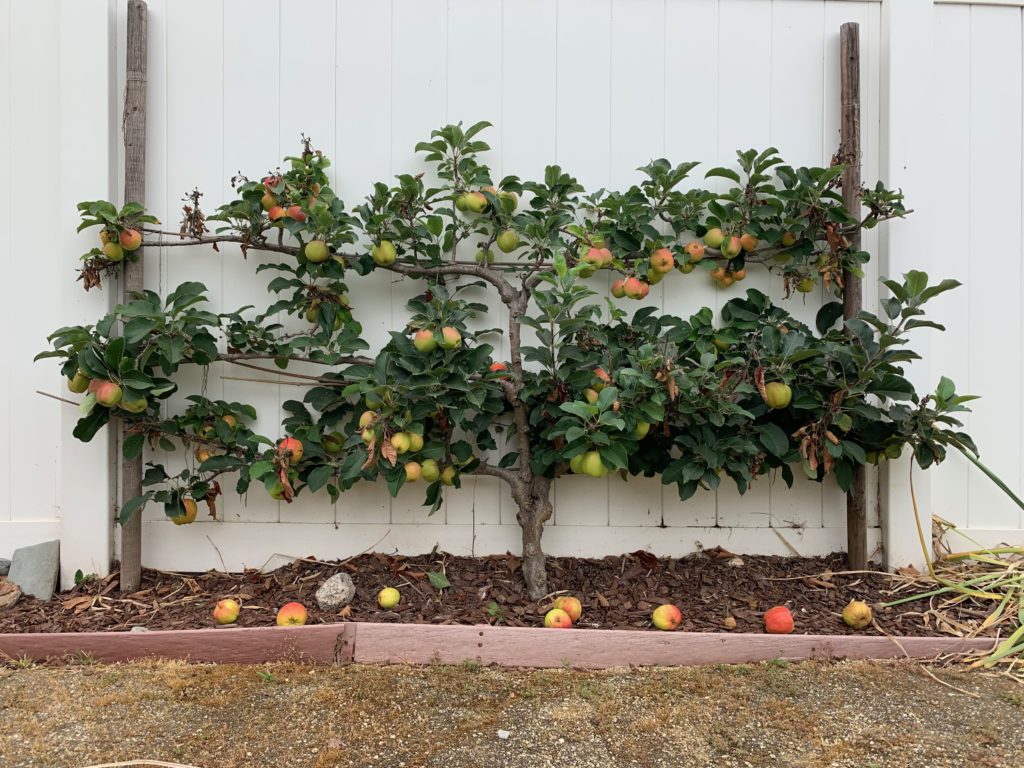
The June drop finally happened on my apple trees. This is three weeks later than usual, which seems to be the way most of my garden is going this year. Too many gray days in April and May slowed everything down.
Links to the past
- 1 year ago: Say no, and carry on. Still working on this, but continuing to get better.
- 5 years ago: My ALA Annual 2018 schedule. Hard to believe this was the last time I attended ALA Annual.
- 10 years ago: ALA Battledecks 2013. Don’t let it be forgot, that once there was a spot, for one brief shining moment, that was known as Battledecks.
Overhead online
“If you go to a library and see what the librarians are doing, it’s hard to imagine anyone being against it. We build collections that allow people to find themselves on the shelves.” ALA President-elect Emily Drabinski
